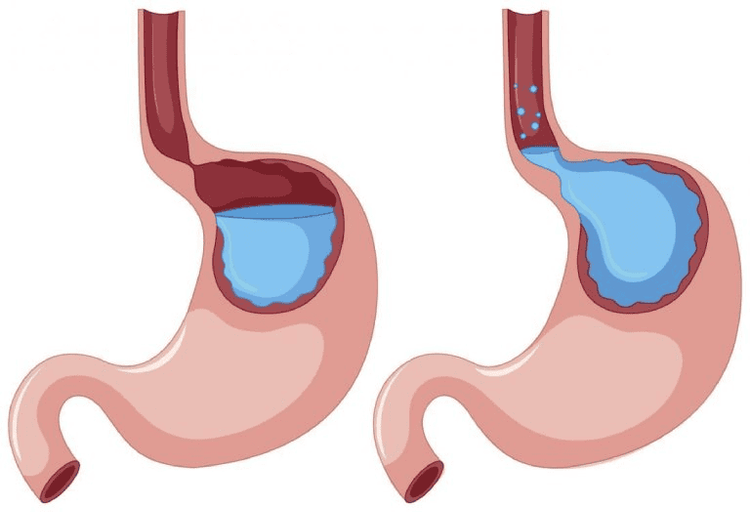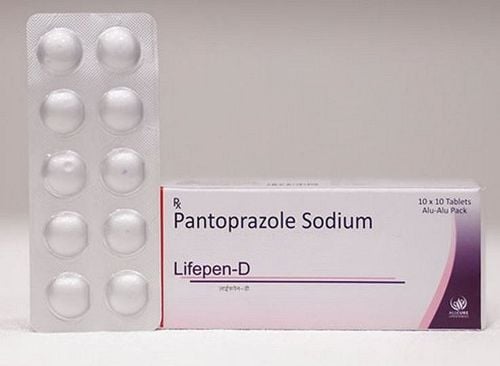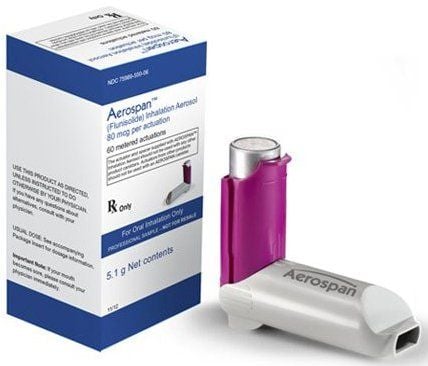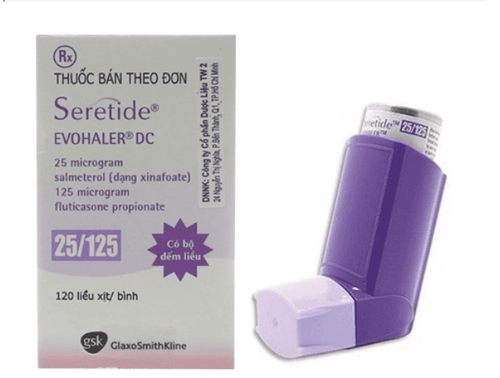This is an automatically translated article.
The article was professionally consulted by Specialist Doctor I Le Nguyen Hong Tram - Gastroenterologist - Department of Medical Examination & Internal Medicine - Vinmec Nha Trang International General Hospital1. Asthma
Asthma is an inflammatory disease of the airways to the lungs. It causes shortness of breath and can make certain physical activities difficult or even impossible.
The disease has no clear cause, but researchers believe that the respiratory condition is influenced by factors: Genetics (if a parent has asthma, their children are likely to have it too), history viral infections (people with a history of viral infections in childhood are more susceptible), early allergy exposure (allergens can trigger an increased risk of illness).... In addition, a Certain conditions and environments can also be risk factors for illness, such as: flu, pneumonia, exercise that increases movement that can also cause breathing problems, airborne irritants, and more.
Asthma often has symptoms such as coughing , especially coughing at night or when laughing or exercising, wheezing, chest tightness, shortness of breath, fatigue. These symptoms occur when the lining of the airways swells and the surrounding muscles tighten. At this point, mucus fills the airways, reducing the amount of air that can pass.

2. Gastroesophageal reflux disease
Gastroesophageal reflux disease (GERD) occurs when stomach acid frequently flows back into the tube connecting the mouth and stomach. This refluxed solution can irritate the lining of the esophagus.
Gastroesophageal reflux disease is caused by frequent acid reflux. You can see that, when swallowing, the circular muscle band around the base of the esophagus (lower esophageal sphincter) relaxes to allow food and liquid to flow into the stomach and then closes. If the sphincter relaxes abnormally or weakens, stomach acid can back up into the esophagus. The continuous backflow of the solution will cause the mucosa to become inflamed.
Common signs of the disease often include: burning sensation in the chest, chest tightness, difficulty swallowing, feeling of a small lump in the throat. If reflux at night can cause chronic cough, laryngitis, asthma...
Gastroesophageal reflux can narrow the esophagus, possibly even increasing the risk of esophageal cancer.

3. The relationship between asthma and gastroesophageal reflux disease
People with asthma are twice as likely as people without asthma to develop gastroesophageal reflux disease. In fact, studies have shown that more than 75% of adults with asthma also have GERD. Therefore, the association between asthma and GERD is quite clear. However, researchers still offer a few theories as to why they coincide.
3.1. Gastroesophageal reflux can trigger asthma First, this possibility may be due to repeated flow of stomach acid into the esophagus, damaging the lining of the throat and the airways to the lungs. This leads to shortness of breath as well as a persistent cough. Regular exposure to acid can make the lungs more sensitive to irritants, such as pollen, dust, and this can be a risk for acid reflux causing asthma.
Another possibility could be that acid reflux activates a protective neural reflex. This reflex causes the airways to constrict to prevent stomach acid from entering the lungs. Narrowing of the airways can lead to asthma symptoms.
3.2. Asthma can trigger GERD. Just as GERD can make asthma symptoms worse, so can asthma. It is also the cause of severe gastroesophageal reflux disease. Asthma will change the pressure that occurs inside the chest and abdomen, which in turn will make gastroesophageal reflux disease worse. As the lungs swell, the increased pressure on the stomach can cause the muscles that prevent acid reflux to become loose. This will allow stomach acid to back up into the esophagus.
3.3. Asthma may be associated with gastroesophageal reflux disease In gastroesophageal reflux disease, there are often signs of heartburn. However, when both asthma and GERD are present at the same time, the symptoms are often more asthmatic, such as dry cough, difficulty swallowing. The two conditions are linked if:
Asthma symptoms begin in adulthood Asthma symptoms get worse after a large meal or exercise Asthma symptoms occur while taking it alcoholic beverages Asthma symptoms occur at night or while lying down Asthma medications are less effective

4. Some remedies to help improve asthma and gastroesophageal reflux
Improved asthma condition will also control gastroesophageal reflux disease and vice versa. Some measures can be applied:
People with the disease should stay away from fatty foods. This is a trigger for both asthma and GERD. Do not use stimulants, alcoholic beverages and tobacco Limit exposure to agents that can affect asthma such as: dust, pollen, pet dander, ... Control food choices Gastroesophageal reflux disease such as bread, oats... Asthma and gastroesophageal reflux disease are interrelated and leave many dangerous complications as well as affect the quality of life of patients. . In order to find the exact cause as well as identify the correlation of these two diseases, patients should go to medical facilities for examination when they see signs of the disease to have the best treatment direction.
Customers can examine, treat and prevent many different diseases at Vinmec International General Hospital. At Vinmec, there are not only modern technical facilities, well-trained medical staff, but also many convenient medical services, including asthma screening packages and Many other services are trusted by many customers.
Please dial HOTLINE for more information or register for an appointment HERE. Download MyVinmec app to make appointments faster and to manage your bookings easily.
Reference sources: healthline.com, mayoclinic.org.













